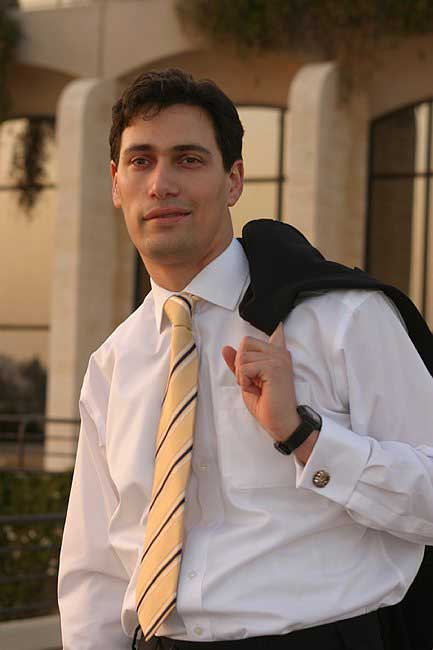Why terrorism works...
If you want to see a textbook example of how not to run a peace process, forget about the middle east. Look no further than Northern Ireland.
In 1998, the IRA / Sinn Fein declared their ceasefire, and so began their participation in the political process. During that period, the terrorist attacks stopped, but what happened to the terrorists? They simply traded in their semtex and AK47s for baseball bats. As yesterday's report by the Independent Monitoring Commission shows, the political wing of the IRA, Sinn Fein, have become little more than a front for organised crime, sharing the coridoors of power by day, whilst approving bank robberies by night. Their most recent Robbery netted them £26m. And it's now clear that the IRA were in the final stages of planning the robbery just as their political wing were negotiating a power sharing agreement with the Unionists (their former enemies).
It's no secret that the IRA have moved from bombings into extortion, racketeering, money laundering and drugs. They have carried out numerous "punishment beatings" on those falling out of line in their own "community", and have shot many of their opponents. All along, the British and Irish Governments have turned a blind eye to this as they have been desperate to get the "peace process" moving forward. On this occasion however, the British Government has been at a loss as to what do. They have even threatened financial sanctions, which is laughable, as the fine is insignificant compared to the £26m that has gone missing.
What's staggering about the whole affair is the double standards shown by the Labour Government. Whilst taking a "zero tolerance" attitude towards Al-Quaeda, Labour have applied different standards to Sinn Fein / IRA, believing that crime and some political violence must be tolerated, even if it means that the people of Ulster are being ruled by the mafia.
Before the IRA ceasefire, Sinn Fein were reviled even within Northern Ireland, attracting around 10% of the vote. In the six years since, Sinn Fein have gained legitimacy, marginalised the moderates and become the largest party in the catholic community. On both sides of the political divide, protestant and catholic, the extremists now hold political power whilst sectarian hatred is stronger than ever.
During the early days of the Intifada, I went to several New Irael Fund meetings where they discussed what went wrong at Oslo. At one meeting, the panel told us how a group of Israeli negotiators went to Northern Ireland to see an example of a "peace process" that was working. Whilst it's true that there has was no rush towards a final settlement as in the case of Oslo, giving the terrorists political power has certainly not turned them into Democrats. On the contrary, the threat of violence has won them concession after concession.
Which leads you to only one conclusion. That terrorism (or the threat of it) works. You can rob, steal and murder, but as long as you don't resume your bombing campaign, you can have your seat in parliament.

